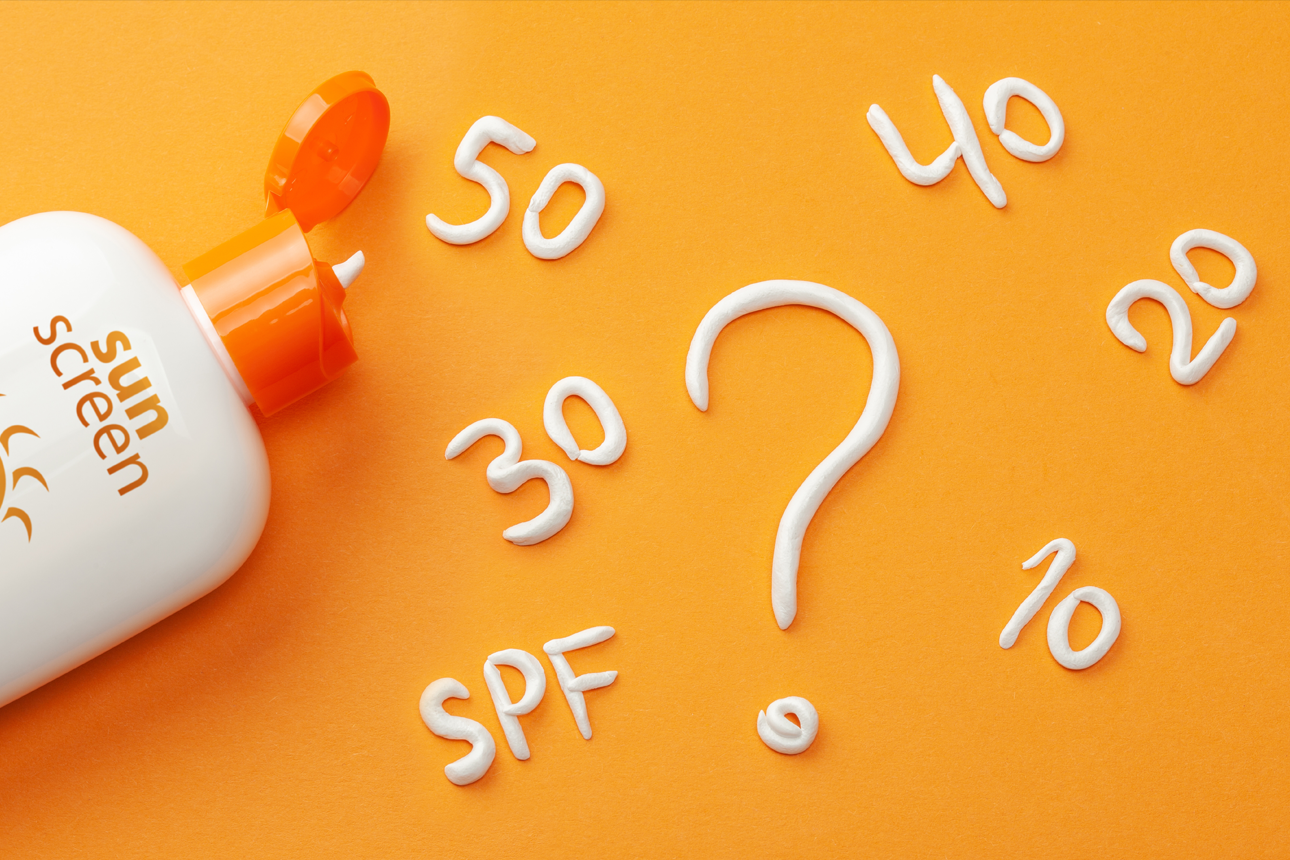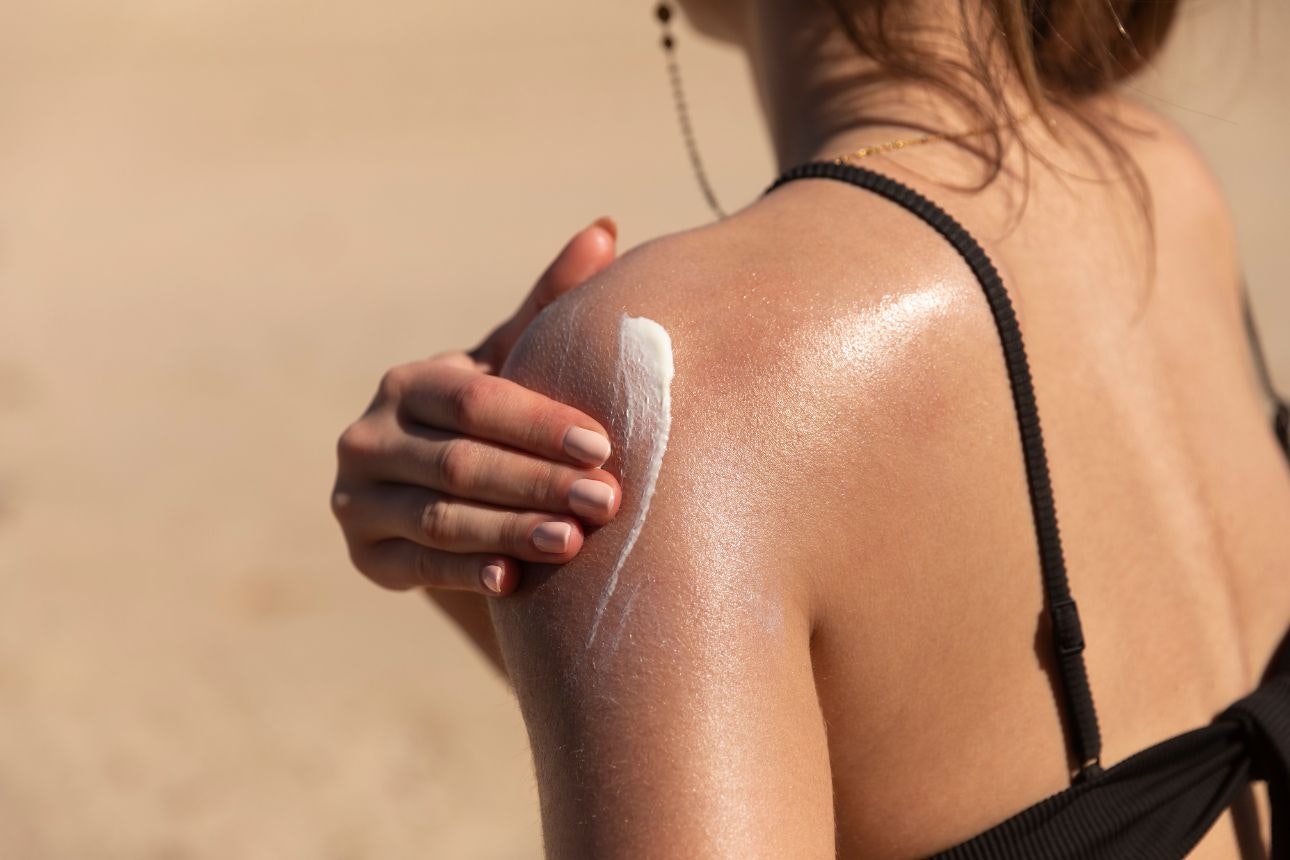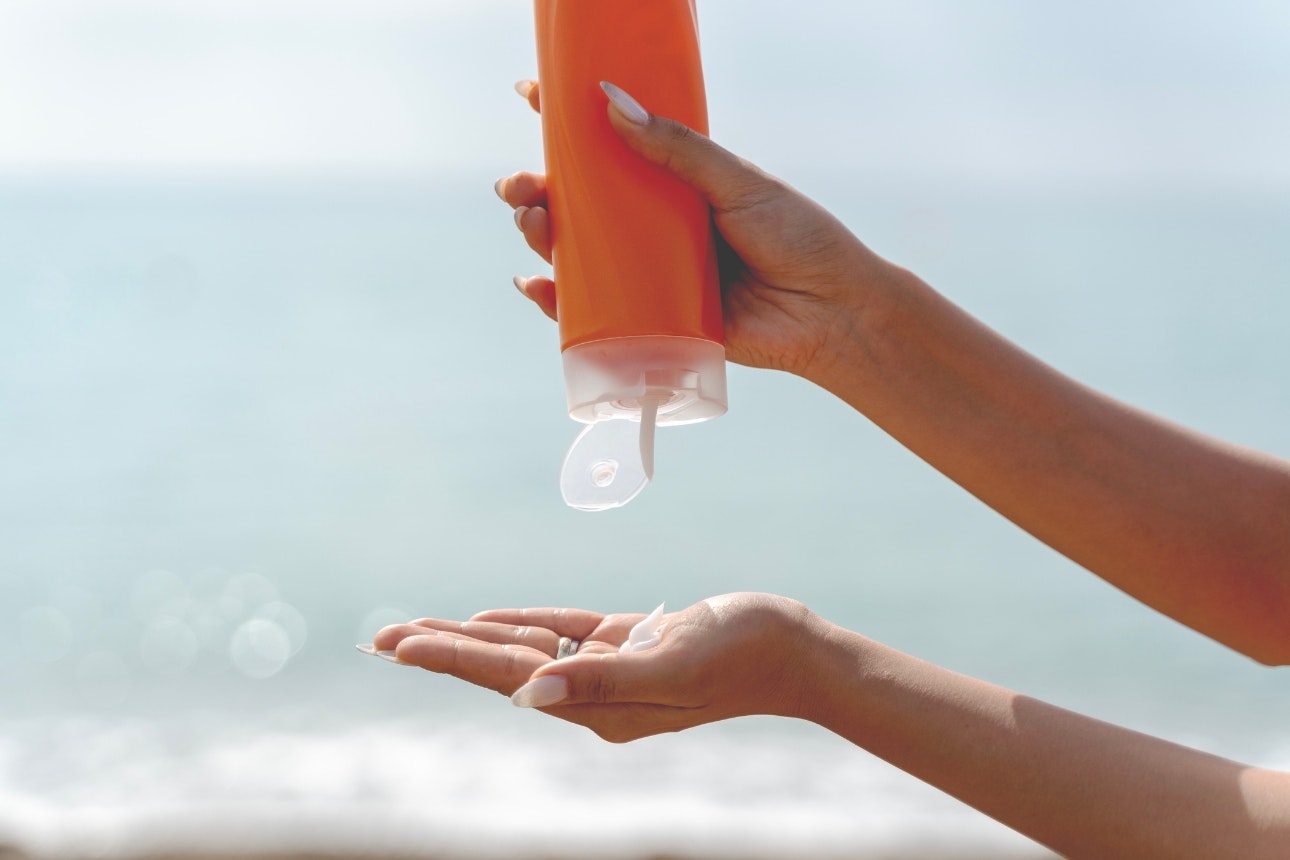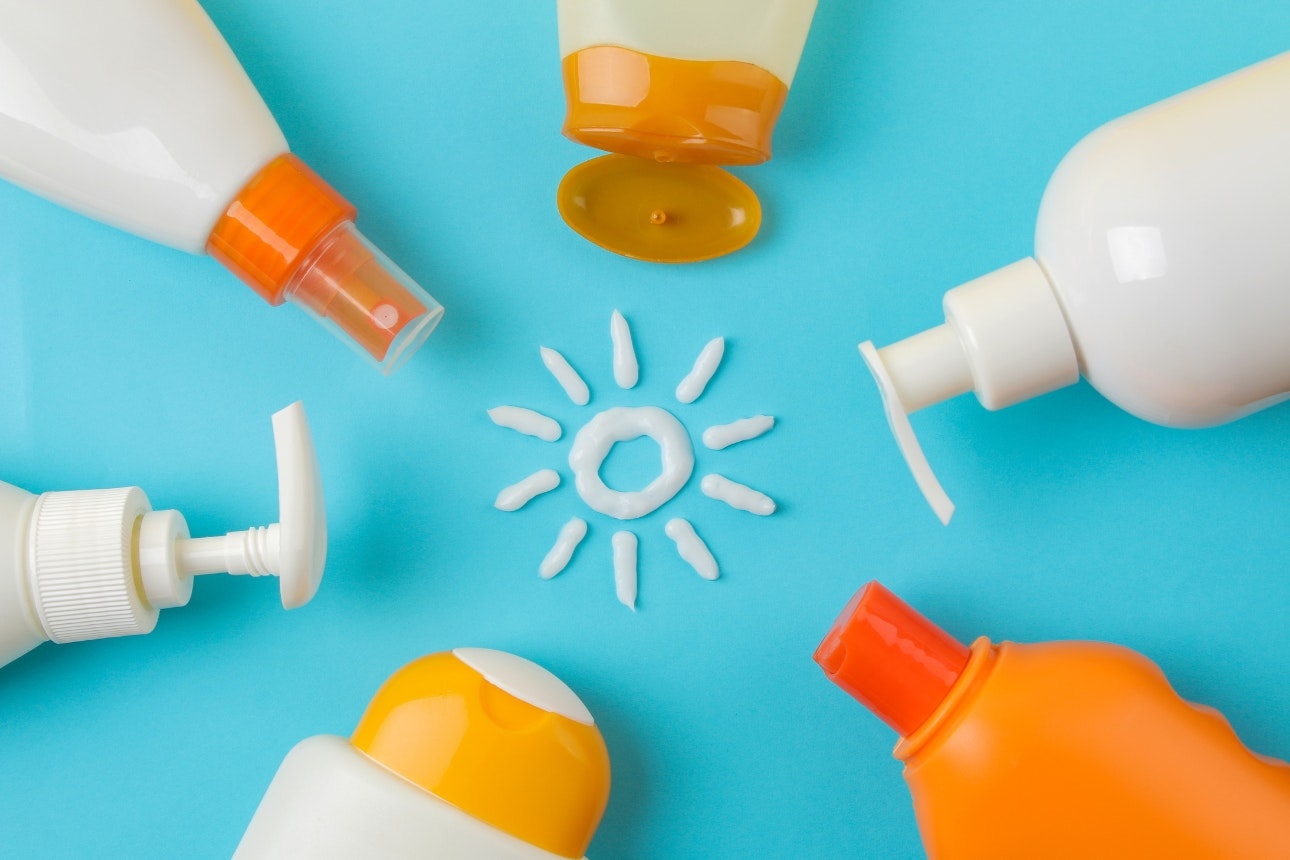
By Belinda Castles
Researcher | Kairangahau
SPF label claims on sunscreens not stacking up, testing laboratory concerns and alleged greenwashing claims: it’s time New Zealand’s regulators stepped up and monitored sunscreen companies.
On this page
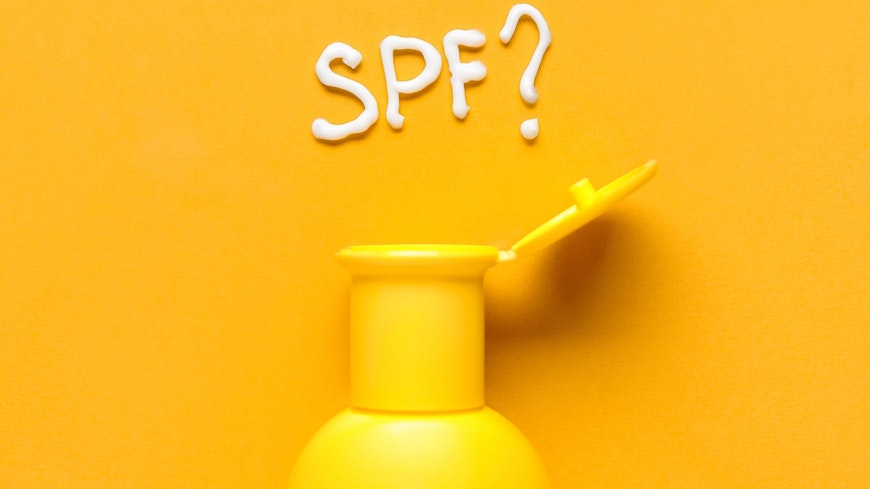
Last month, Consumer NZ wrote to the Commerce Commission with concerns based on the Australian consumer group Choice’s test of sunscreens. The test found 11 sunscreens sold in New Zealand didn’t meet the SPF claims on their labels.
We asked the commission to investigate the 11 sunscreens. We are concerned consumers could be being misled that these sunscreens provide higher protection than they do, in breach of the Fair Trading Act.
In response to our letter, the commission told us our concerns have been added to “an ongoing compliance project” about sunscreens.
We have asked the commission to provide more details about its compliance project. The commission told us it will be engaging with each company to ensure they are aware of their obligation to substantiate label claims.
This is particularly important where new test results might call into question the reliability of earlier results. In 2022 the Commission took Ego Pharmaceuticals to court where they were fined $280k for failure to substantiate SPF representations following adverse test results and questions over the credibility of the lab upon which it relied.
Since we sent our letter, further red flags have been raised in Australia about the sunscreen industry. Concerns include the ‘reef-friendly’ environmental claims on sunscreen products and a media report about the SPF results obtained by sunscreen testing laboratory Princeton Consumer Research (PCR). PCR conducts testing to substantiate company claims on their sunscreen products.
New Zealand has some of the highest rates of melanoma and other skin cancers in the world. We need to do better with sunscreen regulation and monitoring.
We’d also like the commission to implement a regular sunscreen monitoring programme and hold companies to account over their sunscreens’ environmental claims.
Testing laboratory concerns
An investigation by Australia’s ABC News has raised concerns about PCR’s sunscreen testing laboratory.
ABC News reported that at least half the sunscreens that failed to meet their SPF label claims in the Choice test had also been tested by PCR. The PCR tests returned significantly higher SPF results than those found in the Choice tests.
Sunscreen industry experts spoken to by the ABC raised concerns about PCR’s testing methodology and calculations. This included a concern there was very little variation in individual SPF test results. SPF testing is conducted on actual humans rather than by analysing samples in equipment such as a test tube. So, we would expect the results to show at least some variation.
PCR’s technical director defended the company’s results. While conceding the uniformity of SPF values was “uncommon”, he said it was “not inherently implausible, particularly with high-performing products and consistent application across a controlled test environment.”
This isn’t the first time a sunscreen testing laboratory has been in the limelight – in a bad way.
In 2021, the owner of US-based AMA testing laboratories pled guilty to falsifying results. The fraud had gone on for 30 years, with sunscreens and other products sold and marketed based on false test reports.
Consumer had been concerned about the validity of AMA test reports before the fraud came to light. Many manufacturers used the company’s test reports to justify their sun protection claims, even when our independent testing found the products weren’t up to standard.
Greenwashing claims also under scrutiny
The Australian Competition and Consumer Commission (ACCC) has taken a hard line over ‘reef-friendly’ greenwashing claims.
Early this month, the Australian regulator reported it would take the United States multinational products company Edgewell Personal Care (the owner of sunscreen brands Banana Boat and Hawaiian Tropic) to court. ACCC alleges Edgewell engaged in environmental claims it had no reasonable or scientific basis to make.
We’re concerned about ‘reef-safe’ and ‘reef-friendly’ sunscreen claims, too.
Our 2024 investigation into environmental claims on sunscreens found:
there’s no regulation defining these terms
there’s little consistency in what products use the claims
the science about the environmental threat is still evolving.
We’re pleased the ACCC is taking action. We think it’s time companies making sunscreen greenwashing claims in New Zealand are held to account.
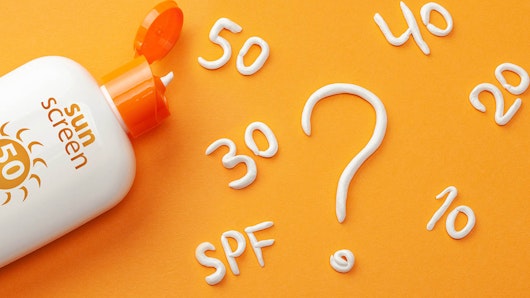
Safer sunscreens
We’re all vulnerable to NZ’s harsh sun. However, with no regular testing required under the mandatory sunscreen standard, you can’t always trust what’s on the label.
